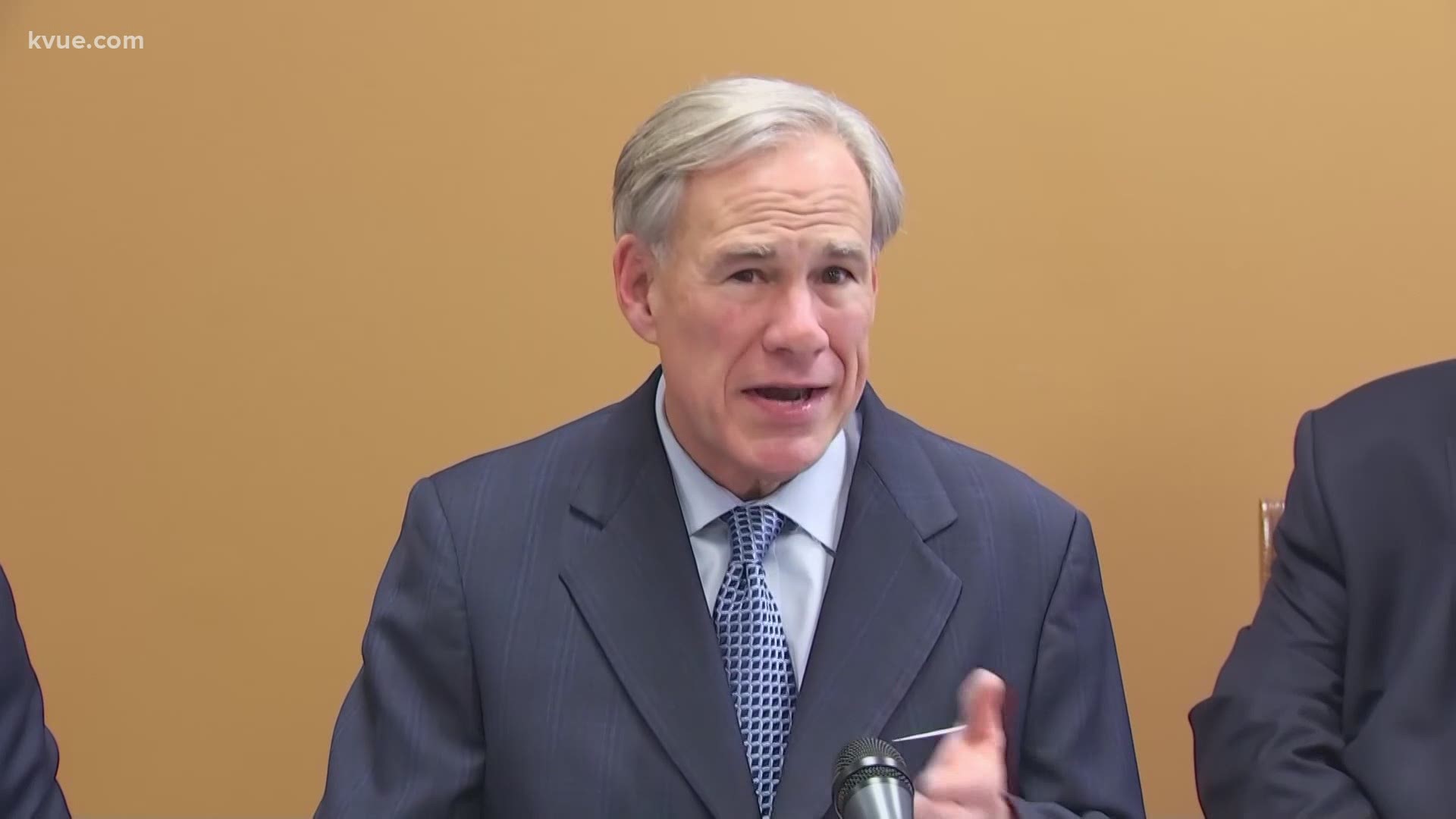AUSTIN, Texas — On Monday, Gov. Greg Abbott joined State Senator Paul Bettencourt and State Representative Briscoe Cain to discuss "election integrity legislation" they say will ensure every eligible voter gets to vote and that only the eligible votes will count.
Their bill would limit who can receive absentee ballots, eliminate drive-thru voting and prevent sending ballots to people registered at P.O. boxes.
Our VERIFY team looked into some of the claims made during this press conference.
CLAIM:
“When Obama was President, he used his U.S. Attorney for the Southern District in Texas, as well as the FBI, to prosecute a voter fraud scheme in South Texas where cocaine was being used to pay voter harvesters,” Abbott said.
CONTEXT:
The case is not about a federal office, but a local school board.
A Donna, Texas woman pleaded guilty to paying people to vote for certain school board members in the November 2012 general election.
The criminal complaint shows she exchanged cocaine for the school board votes.
CLAIM:
“In Harris County, election officials created a drive-thru voting, which is not authorized by law,” Abbott said.
CONTEXT:
The Texas Republican Party filed suit regarding Harris County’s drive-thru voting in 2020.
Their argument claims the fear of contracting the coronavirus isn’t enough to qualify for curbside voting.
The 14th Court of Appeals opinion shows the case had no standing and, “the election is currently in progress and the relators delayed filing this mandamus until over a month after learning of the actions of the Harris County Clerk’s Office.”
CLAIM:
“You know, the only form of voter suppression is when an illegitimate voter and an ineligible voter casts a ballot,” State Rep. Briscoe Cain said.
Context:
This is false.
The Texas State Library and Archives Commission shows a list of voter suppression tactics in the 1890’s.
Last month, the House Committee on Oversight and Reform heard testimony pointing to modern-day voter suppression cases in Texas.
One example, the Texas voter ID law passed in 2011.
Courts ruled it suppressed votes.
Lawmakers changed the voter ID law in 2017 to remedy the effects.
The Fifth Circuit Court of Appeals decided to allow those changes.
PEOPLE ARE ALSO READING:

